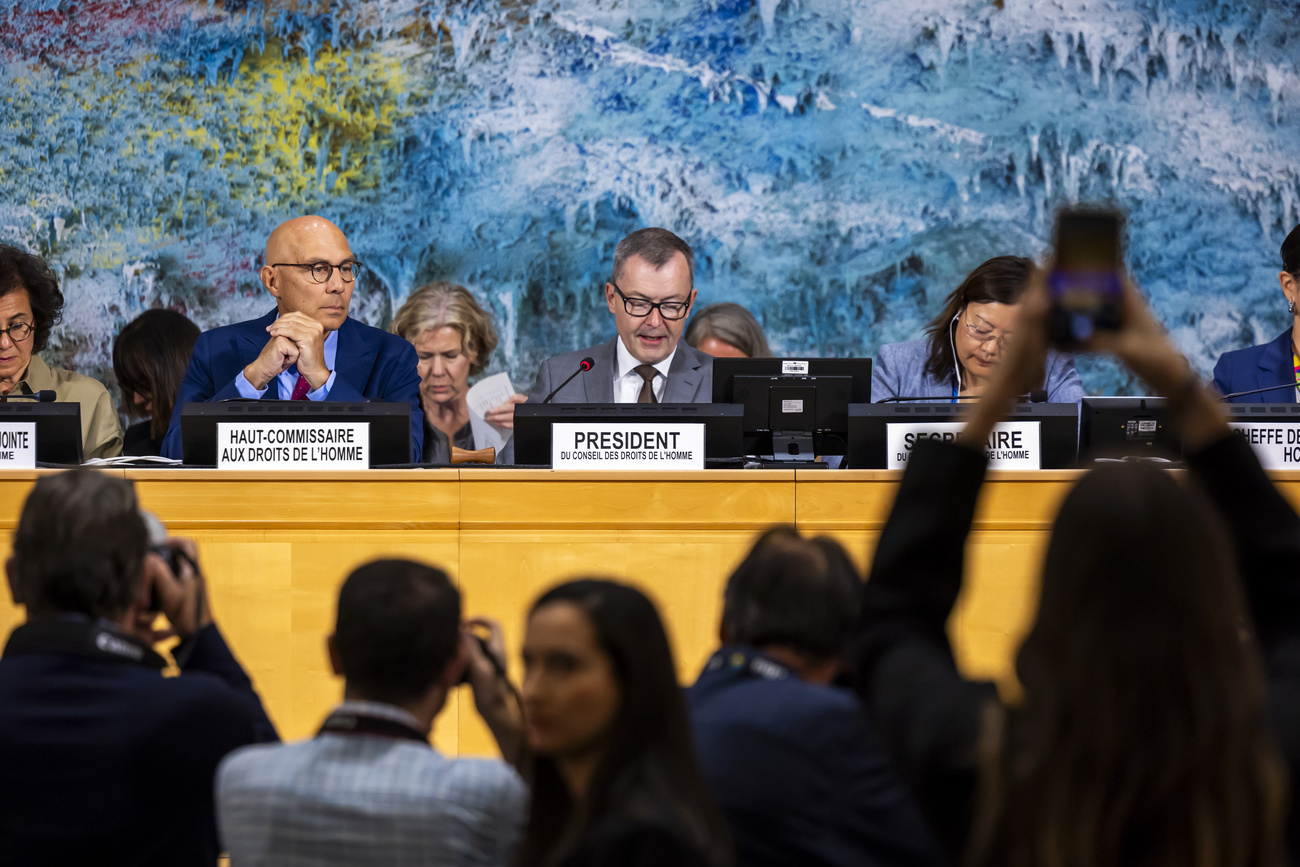
WTO meeting sees violent street clashes, policy rifts
International trade talks currently underway in the United States are marked by deep divisions and massive public protests over just how far the 135-nation World Trade Organisation should move down the road of tearing down trade barriers.
International trade talks currently underway in the United States are marked by deep divisions and massive public protests over just how far the 135-nation World Trade Organisation should move down the road of tearing down trade barriers.
Thousands of protestors representing dozens of non-governmental organisations have descended on the host city Seattle and many demonstrators fought running battles with police, forcing the city authorities to impose a dusk-to-dawn curfew. The protestors accuse the WTO of pursuing destructive trade policies and exploiting developing nations.
Essentially, the talks are aimed at cutting tariffs and other trade barriers in sectors ranging from agriculture and construction to entertainment, telecommunciations and electronic commerce. But just who will lower which tariffs remains a major bone of contention.
The 15-nation European Union, South Korea, Hungary, Switzerland and Turkey are for instance backing a controversial document on agriculture policies. Most of the backers of the text are under attack from the Australian-led Cairns group of major food exporters and the U.S. for resisting abolition of farm subsidies.
On agriculture, the document says the negotiations should “continue the ongoing process of fundamental reform directed at achieving a fair and market-oriented agricultural trading system …”
The paper repeats a controversial Japanese and EU demand for the “multifunctional” role of agriculture to be recognised. The EU argues that its farmers deserve compensation for protecting the environment and keeping rural areas economically viable.
Thousands of protestors in Seattle accuse industrialised nations of bending free trade regulations their way in order to keep down potential economic competition from developing nations.
Swiss Economics Minister Pascal Couchepin said it was very important to involve NGOs in trade talks but added that they did not represent the overall world opinion on trade matters.
“I’m convinced that in our countries there is still a great majority of citizens who are convinced that it is a good thing to have free trade, to have rules, to give a frame to the development of free trade,” he told journalists in Seattle.
Couchepin stated that Switzerland favours further trade liberalisation, but not at the cost of discriminating against developing nations.
From staff and wire reports.

In compliance with the JTI standards
More: SWI swissinfo.ch certified by the Journalism Trust Initiative


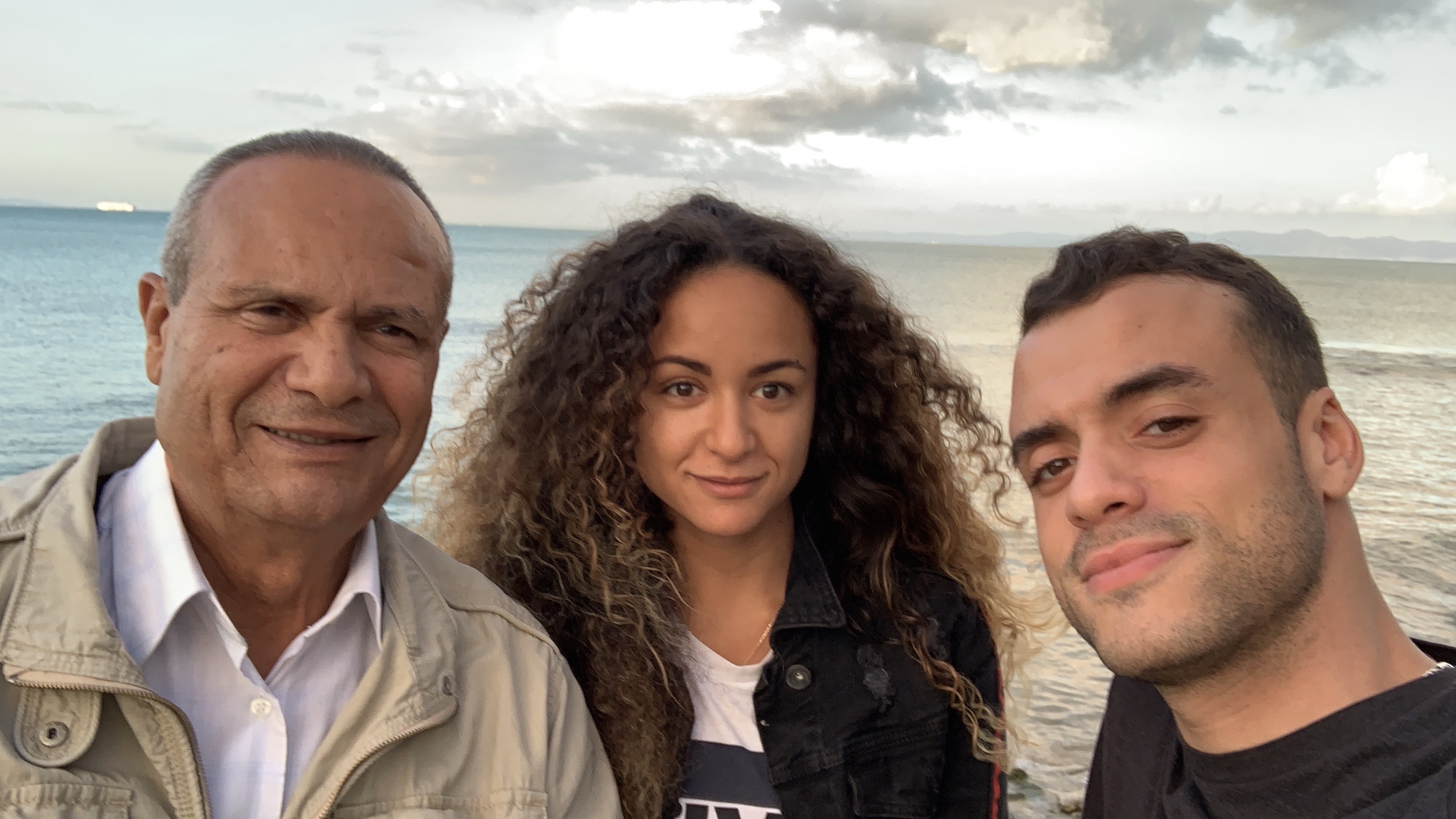



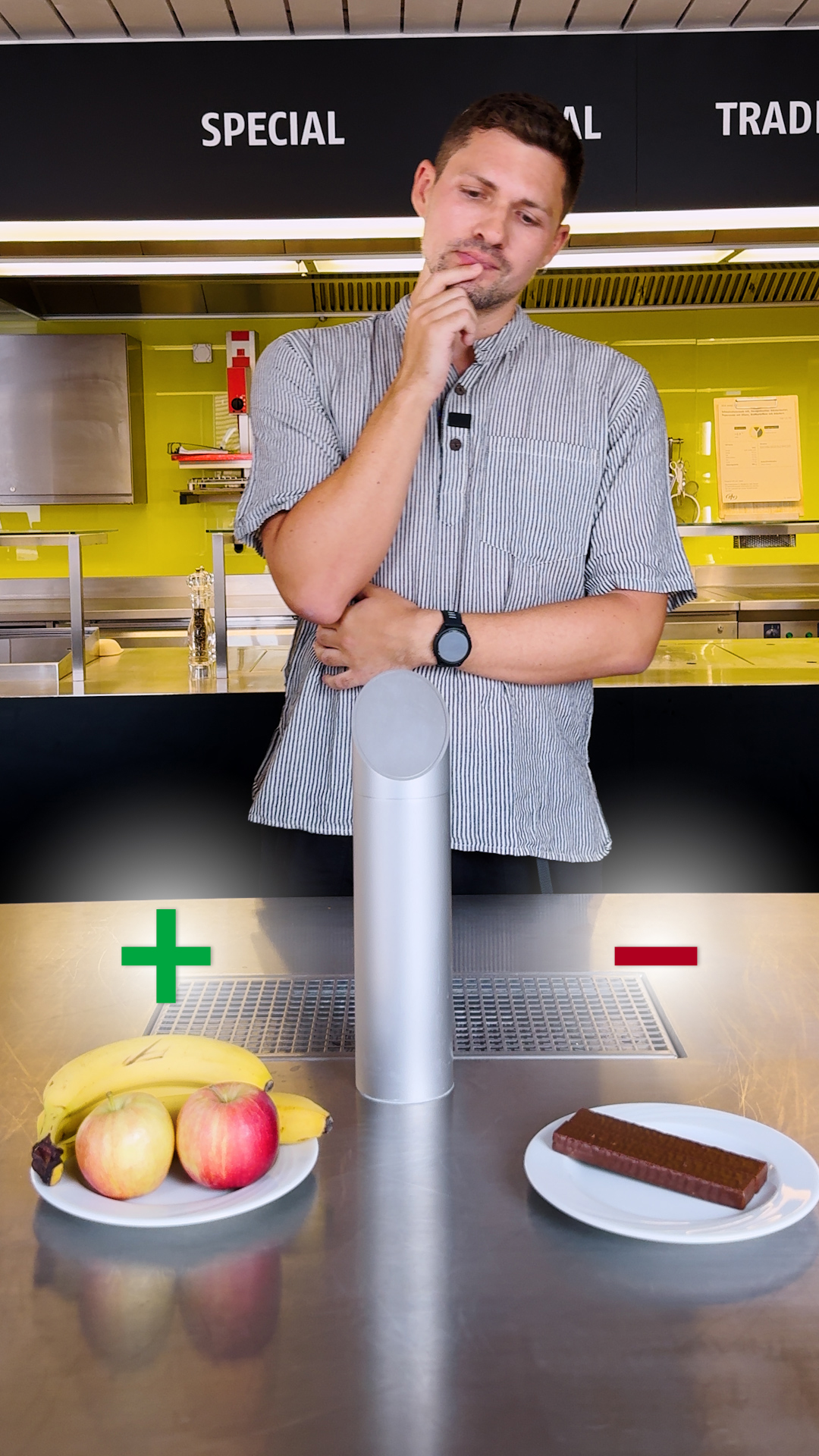











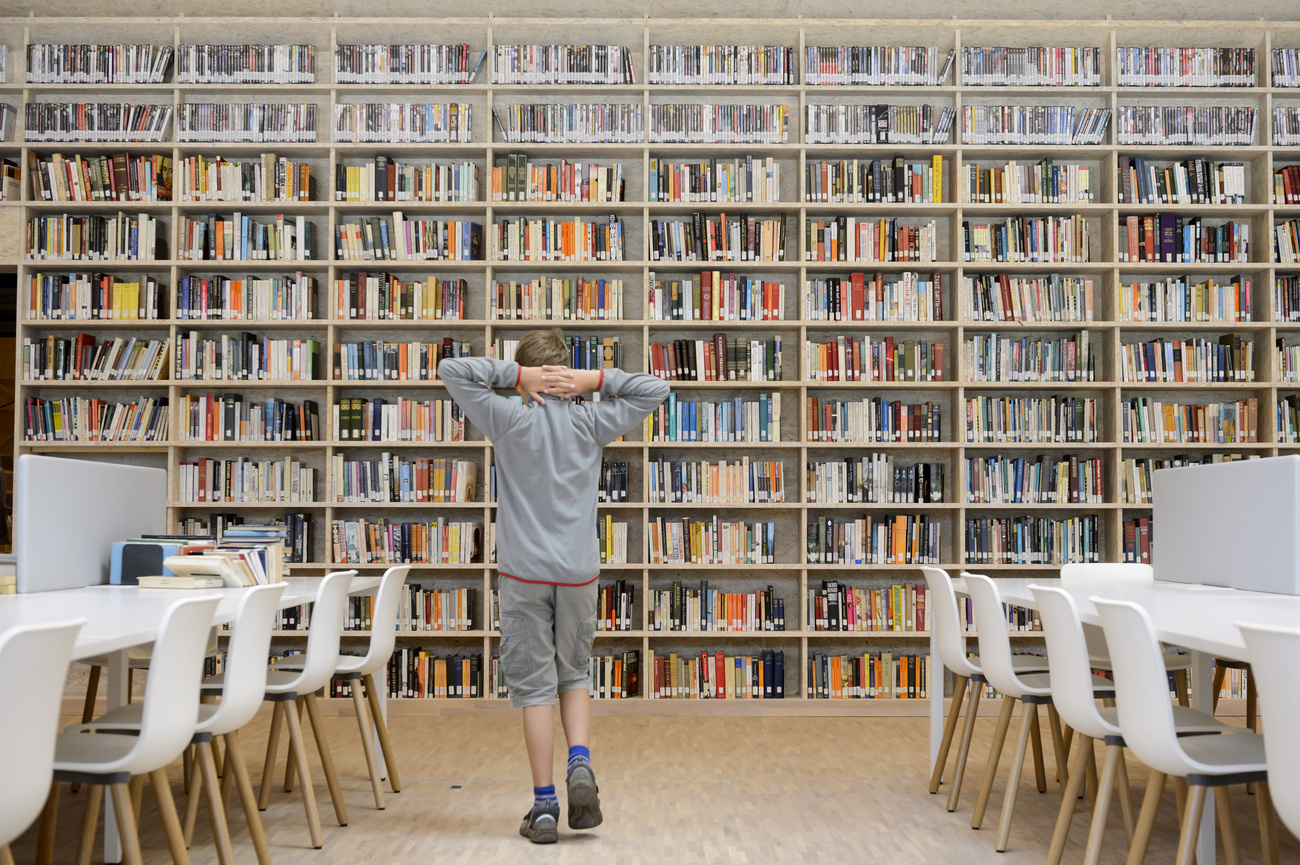




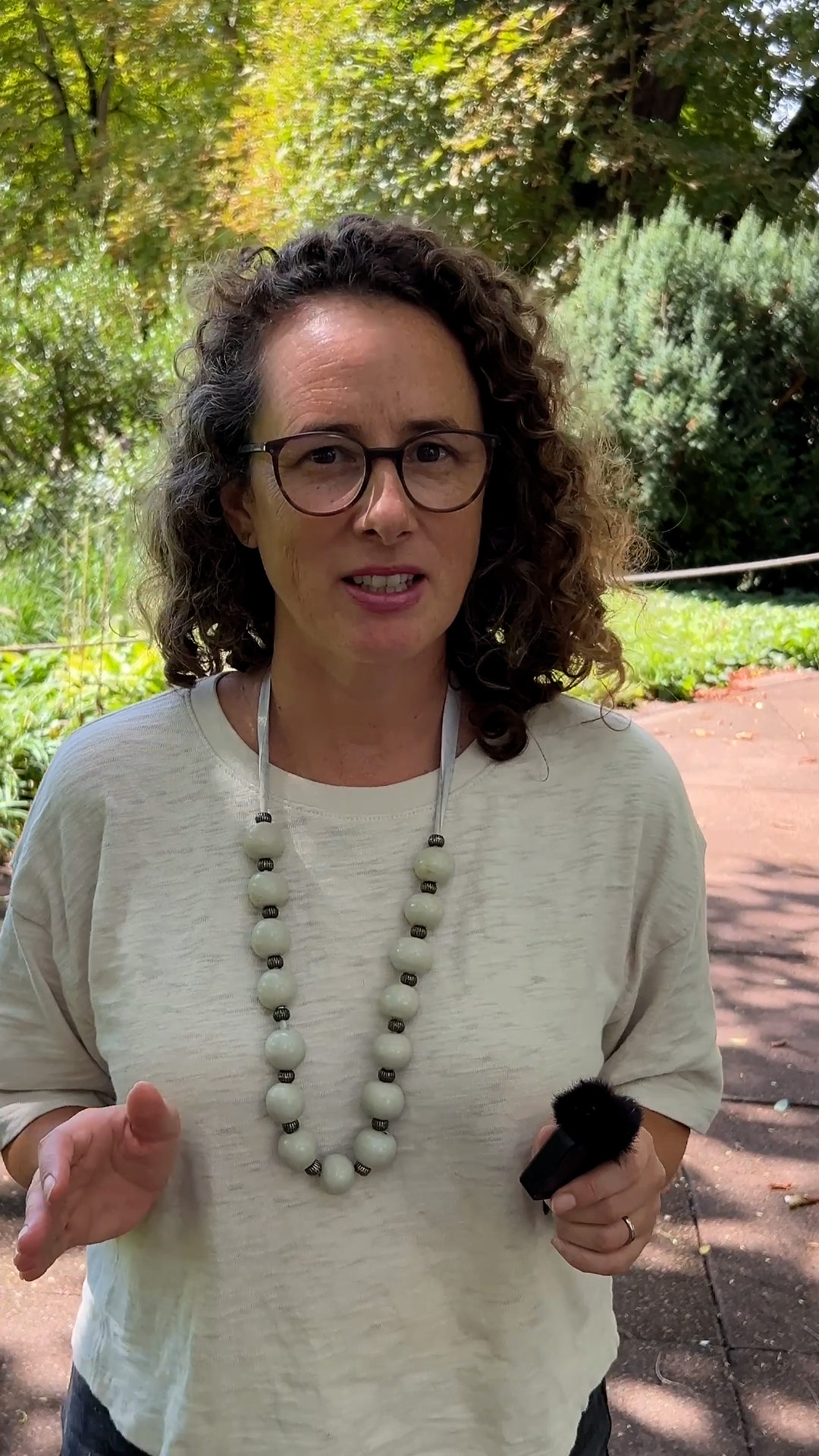





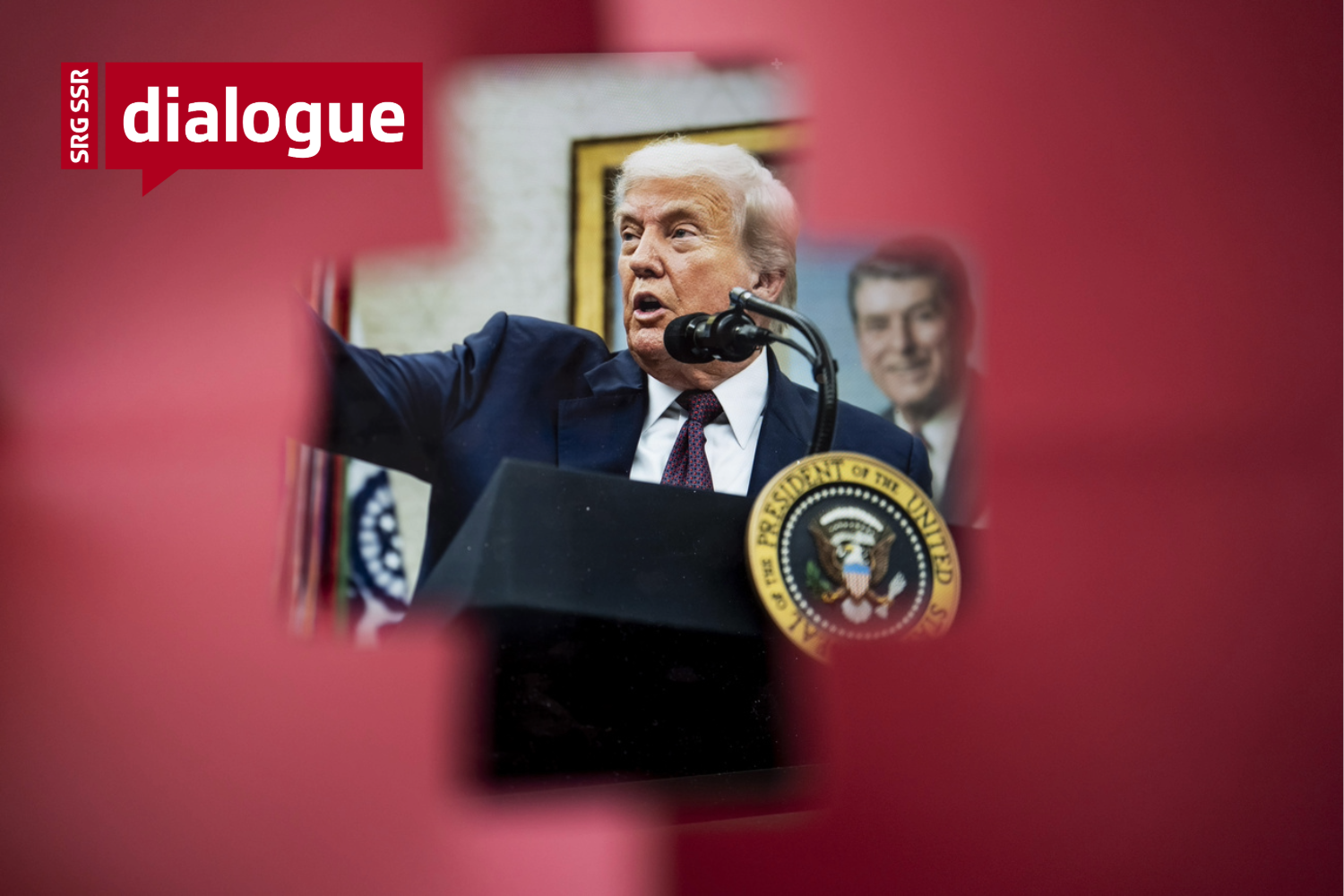









You can find an overview of ongoing debates with our journalists here . Please join us!
If you want to start a conversation about a topic raised in this article or want to report factual errors, email us at english@swissinfo.ch.